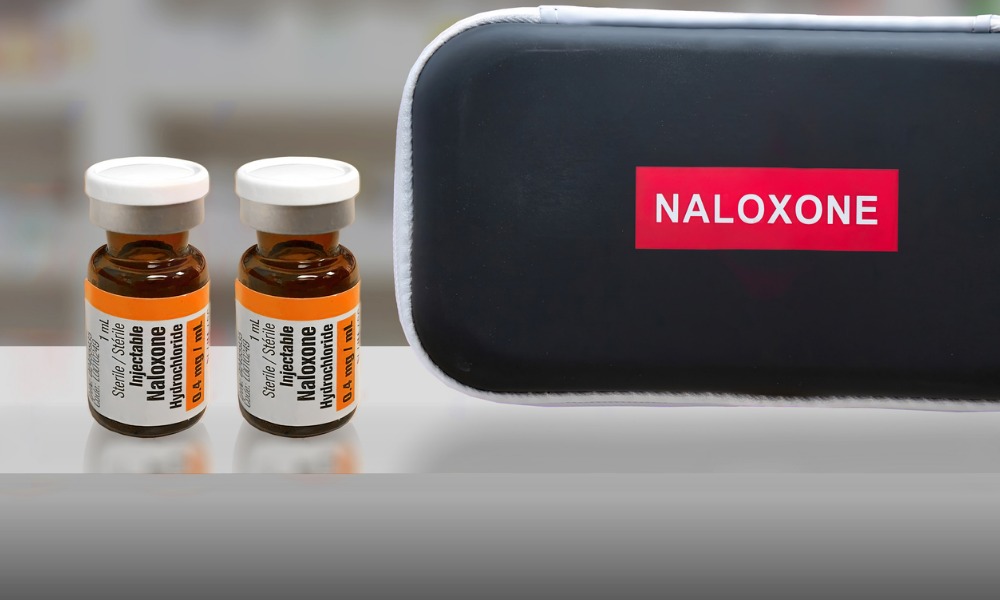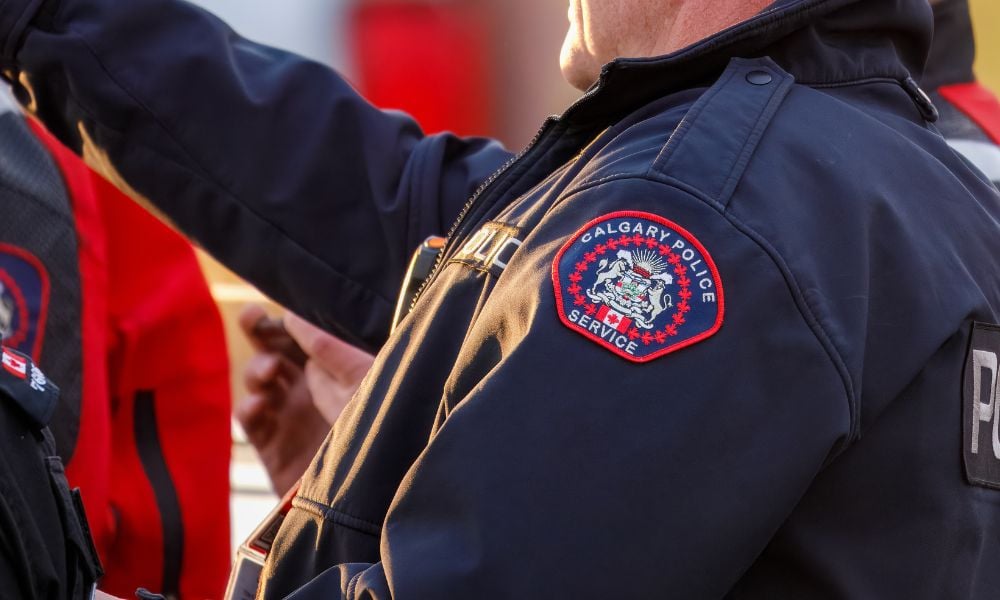UVic makes changes following 18-year-old's death from overdose

One group is calling for life-saving lessons to be mandatory in high schools in British Columbia, and they want overdose response to be included in the curriculum.
With this change, “the students learn what are opioids, and how do opioid overdoses happen. They learn what is naloxone, and how does it work. And then they learn how to respond to a suspected opioid overdose,” said Sandra Clark, the executive director of the ACT Foundation, a charity that trains people in how to perform CPR and administer naloxone to reverse overdoses, in a CTV News report.
The call comes months after an 18-year-old University of Victoria (UVic) student died after she overdosed on fentanyl in her dorm room in January.
On Jan. 23, McIntyre-Starko and another student collapsed onto their dorm floor just after 6:30 p.m. after they were exposed to fentanyl, according to a report from Victoria News, citing records published online.
A third student who was also impaired managed to call 911 and tell an operator they needed emergency help. And it took more than seven minutes to dispatch paramedics.
“It’s a tragic story,” said Clark in the CTV News report. “Our goal is to see every young person graduates from high school with the skills and knowledge to save a life.”
And it seems the B.C. government is willing to make ACT Foundation’s wish a reality.
“We are looking at ways to making CPR training and also naloxone training mandatory in our school system,” said Rachna Singh, B.C.’s education minster, in the report. “We know the benefits of it, how we can save lives, and we are looking at the next steps.”
The ACT Foundation would also like B.C. to begin widely offering nasal naloxone instead of injections.
“That’s what's available in Ontario and Quebec, so I think B.C. should be looking at those provinces and seeing how they are doing that,” said Clark. “Hopefully, we will see nasal naloxone available soon, because it’s very easy to administer for anyone.”
Meanwhile, following the McIntyre-Starko incident, UVic made the following changes, according to the Victoria News report:
- Training campus security members internally to ensure it is more customized, and hiring a new training coordinator to provide oversight on this.
- Updating the pre-arrival and in-person orientation programming and the Community Living Handbook to include a new section on harm reduction and safety supports.
- Ensuring communication with students throughout the school year includes information on where students can access naloxone. A complete list of supplies available for students can be found here.
- Increased education, awareness and training options for the student community, including student staff working in residences.
- Reviewing its protocols for emergency-contact notifications to ensure that emergency contacts receive timely and accurate information about their loved ones.





